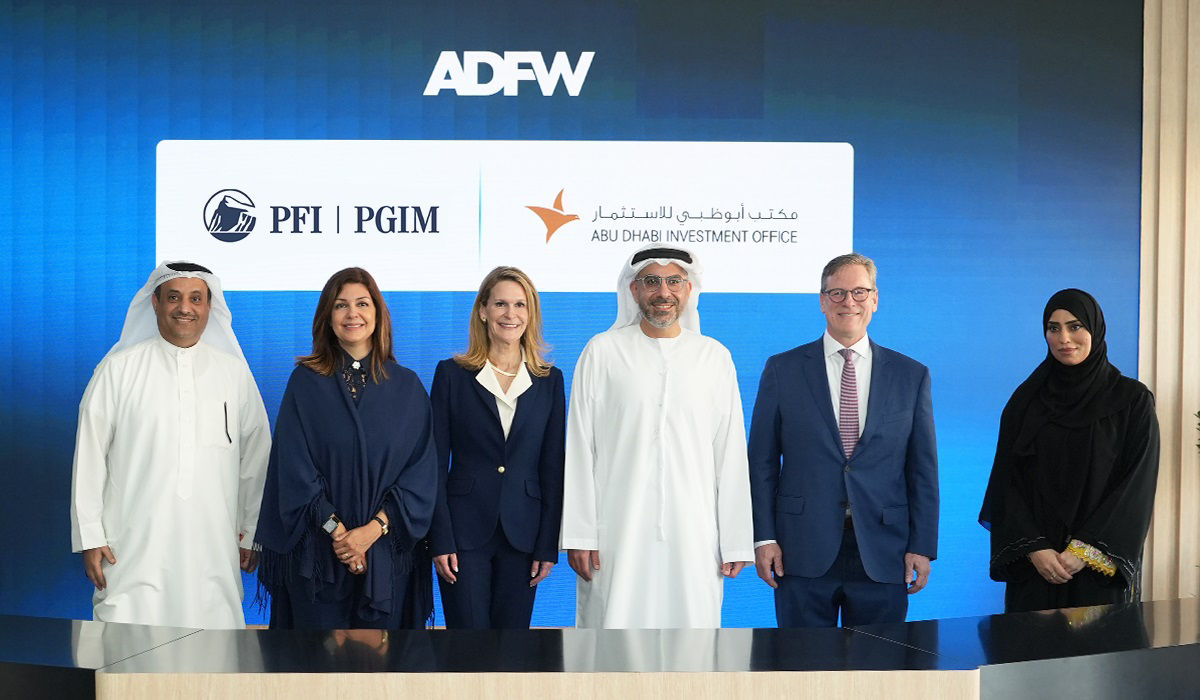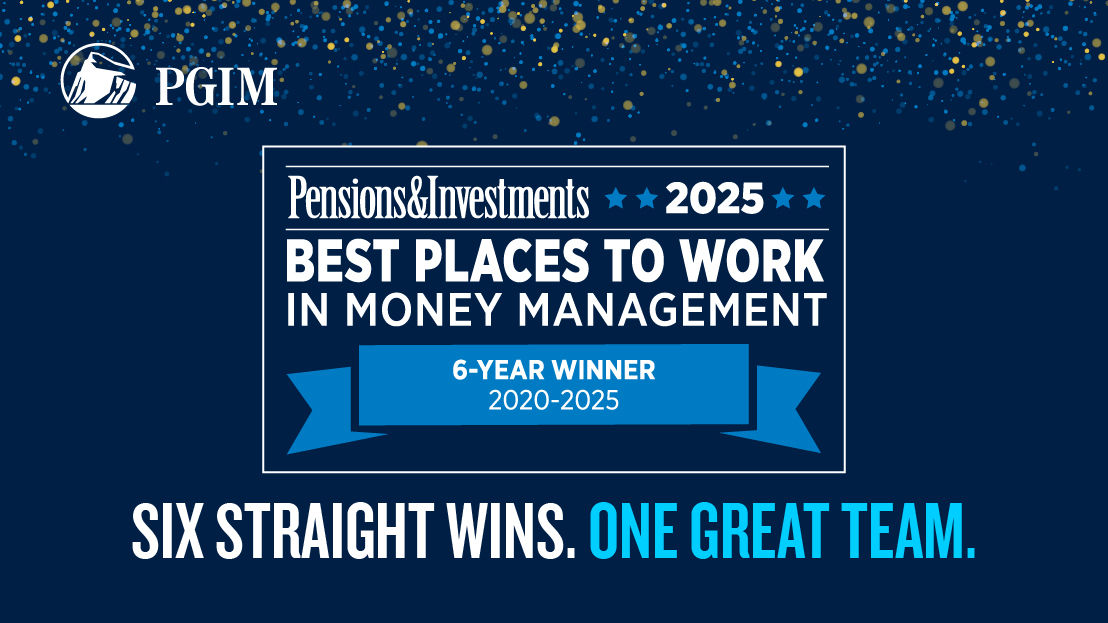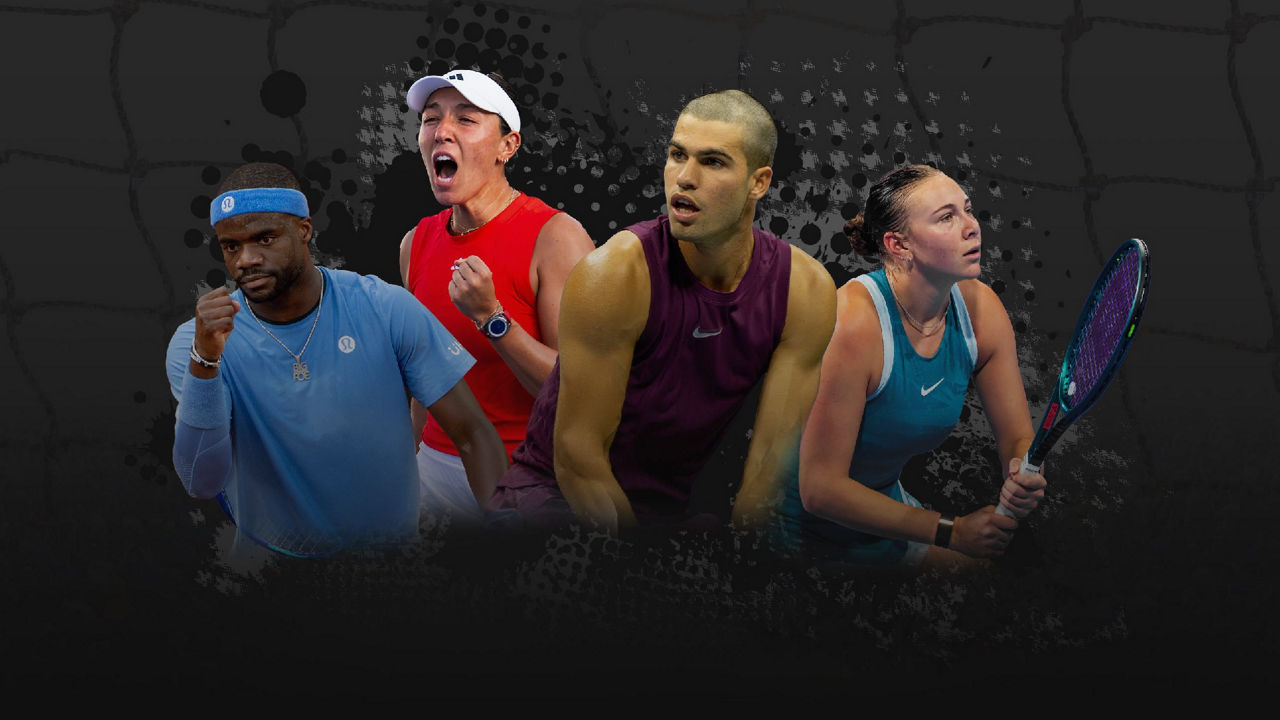Featured insights
-
2026 Real Estate OutlooksThe 2026 global real estate landscape continues to highlight how opportunities are country, capital, sector, style and submarket specific, with diverse investment themes across regions.
Read More
-
Special SituationsExpanding Today’s Credit Opportunities with Special SituationsIn the following Q&A we unravel opportunities arising from areas of credit market dislocation.
Read More
-
Q4 Market OutlookIn a "muddle through" economy, attractive yields may catch a tailwind, while equities require focus on high-quality companies with competitive advantages. Flexibility across asset classes will support portfolio resiliency.
Read More
$1.5T
#16
200+
-
Press ReleaseAbu Dhabi Investment Office and Prudential Financial Inc sign strategic collaboration to advance long-term investment, retirement savings, income, and reinsuranceADIO and PFI will work together to deepen engagement with local financial institutions in their development of financial products tailored to regional needs.
Read More
-
In The NewsCelebrating six straight years as a Best Place to WorkPGIM ranks No. 2 in its category on Pensions & Investments’ annual top employer list.
Read More
-
Press ReleaseTop global brands announced as official sponsors of the inaugural 'A Racquet at The Rock'PGIM joins the event as the Official Financial Services Partner.
Read More
Subscribe to receive our latest insights
Stay informed on timely market developments, outlooks and industry events.
* Required Fields
Data as of 9/30/25 unless otherwise noted. All Assets Under Management are net unless otherwise noted.










